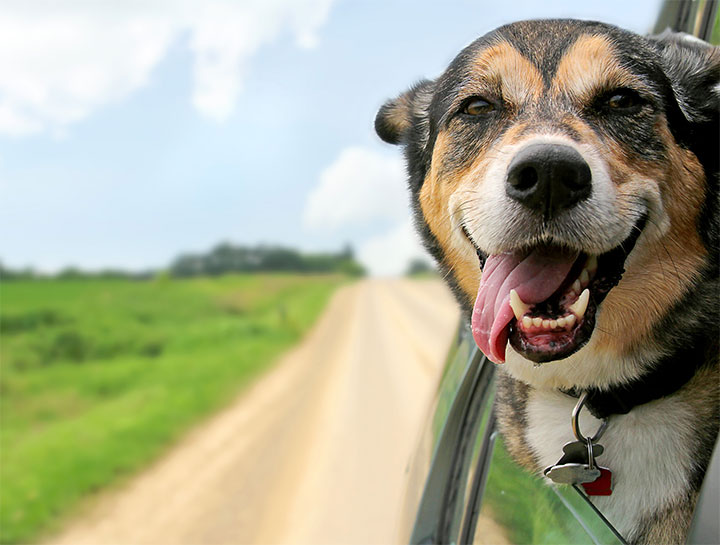
Dental care is a vital part of pet healthcare, yet it can be easily overlooked. Just like humans, pets can suffer from dental issues that can lead to serious health issues if not addressed in a timely manner. As pet owners, it is our responsibility to make sure that our pets receive proper dental care to keep their teeth and gums healthy. Let’s discuss why dental care is important to your pet and what you can do as a pet owner to ensure that their mouth remains as healthy as possible.
Dental problems in pets can lead to a number of problems, including gum disease, tooth decay and infections that can spread to other parts of the body. Poor dental hygiene can also lead to bad breath, difficulty eating and even weight loss. This causes significant pain and discomfort for your pet and, if left untreated, can even shorten their lifespan.
As a pet owner, it can be difficult to detect dental problems in pets, as they may not initially show obvious signs of discomfort. Some common signs to look out for include:
- Bad breath
- Discolored or loose teeth
- Difficulty eating or chewing
- Drooling
- Swelling around the mouth
- Decreased appetite
When you notice any of these signs, it is important to bring your pet to our hospital as soon as possible. Our veterinarians can examine your pet’s teeth and gums and help you understand the level of your pet’s dental disease. Our team may well recommend a dental cleaning for your pet.
What does it mean when we recommend a dental cleaning? Some people misunderstand that the brushing a groomer does as the only dental cleaning a pet ever needs. While tooth brushing is important for prevention of dental disease, it doesn’t do much for treatment and can in fact hurt a pet with inflamed gums. A dental cleaning is an important part of your pet’s annual health care. During the cleaning, your veterinarian will examine your pet’s teeth and gums, looking for any signs of decay, gum disease or other dental problems. We also take oral x-rays of your pet’s mouth to be able to visualize the crown and roots of your pet’s teeth to determine if any extractions or other treatments are necessary. Using dental instruments that are very similar to your dentist’s tools, a technician will clean under the gum line to get rid any bacteria living there and use an ultrasonic scaler to rapidly remove plaque and calculus from the tooth surface.
Since your pet would never allow us to properly do the treatment awake, it is necessary to fully sedate pets for dental cleanings. Your pet’s dental cleaning is essentially a complete surgical procedure and is treated as such by our team. Our veterinary technician places an IV catheter through which they administer drugs including anesthesia and pain medication. Your pet will be intubated with a breathing tube to ensure proper respiratory functions. After your pet goes under anesthesia, up to 2-3 team members may be assisting with your pet and monitoring your pet’s vital signs throughout the dental cleaning.
In addition to regular veterinary check-ups and dental cleanings, there are steps you can take at home to help keep your pet’s teeth and gums healthy. Some tips include:
- Brush your pet’s teeth daily using a toothbrush and toothpaste specifically designed for pets.
- Offer your pet dental chews and toys to help keep their teeth clean.
- Feed your pet a balanced diet to help maintain healthy teeth and gums.
- Avoid giving your pet bones or other hard objects that can damage their teeth.
Proper dental care is essential for the overall health and well-being of your pet. Regular check-ups, cleanings and at-home care can help keep your pet’s teeth and gums healthy. If you notice any signs of dental problems in your pet, it is important to bring them to our hospital as soon as possible to prevent the issue from becoming more serious.
We have many dental products at our hospital for dental plaque prevention, including chews and dental wipes. We’ve also included a dental health section in our NAAH Amazon Storefront, which includes a wide array of recommendations directly from our doctors for your pet! You can view some pet success stories on our website as well!
Let us know if you want your pet to be scheduled for a dental exam by texting or calling our hospital at 256-383-2626.







